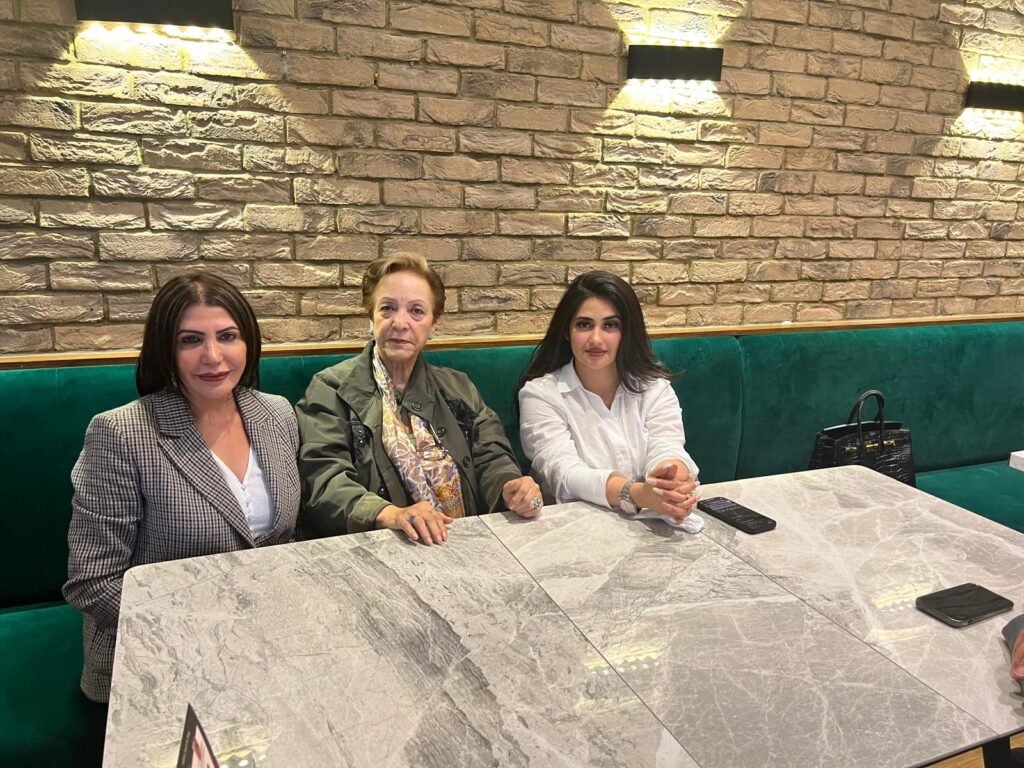The
Right to Education & Afghanistan’s Girls
Education
is a basic human right for all and is important for everyone to make the most
of their lives. Having an education helps people to access all of their other
human rights. Education improves an individual’s chances in life and helps to
tackle poverty.
Education
is imperative to the promotion of human rights; it is both a human right in
itself and an indispensable means of realizing other human rights. It is the
precondition for the enjoyment of many economic, social and cultural rights;
for instance, the right to receive higher education on the basis of ability,
the right to enjoy the benefits of scientific progress and the right to choose
work can only be exercised in a meaningful way after a minimum level of
education is reached.
Similarly,
in the ambit of civil and political rights, the freedom of information, the
right to vote and the right to equal access to public service depends on a
minimum level of education, i.e. literacy. As a vehicle for empowerment,
education can give marginalized adults and children the means to escape from
poverty and participate meaningfully in their societies. Education is vital to
empowering women, to safeguarding children from exploitation and hazardous
labor, to the promotion of human rights and democracy and to the protection of
the environment. Education, however, is frequently discussed in the language of
economics. Governments often simply equate an investment in education with an
investment in the national economy.
Educational
services, especially at the tertiary level, are habitually considered tradable
goods – removed from a wider human rights context. Concerted efforts are being
made to reverse this approach. The UN Special Rapporteur on the Right to
Education, for instance, has said: ‘we need to start thinking once again about
societies rather than the economy, and to understand that sound education
begets sound knowledge and appropriate abilities. Clearly, all of us hope to
gain economic benefits from education and literacy, but it is a different
matter entirely to think that these benefits are education’s sole aim’ (2005
Activity Report). Consequently, the UN Human Rights Council has, for example,
directed efforts towards the removal of discriminatory barriers and the
realization of universally free and compulsory primary education (Resolution
8/4).
Everyone
has the right to education. The objectives of education include the full
development and dignity of each person, the ability to participate effectively
in society, and the strengthening of respect for human rights. Education is
important in itself and is often also called a ‘multiplier’ human right, as the
degree of access to education impacts the level of enjoyment of other human
rights.
The
right to education involves specific requirements at different levels of
education. Primary education must be compulsory and free of charge for all,
which will involve considerations of both direct and indirect costs relating to
education. The compulsory nature of primary education guards against violations
of this right by parents or governments, eliminates income-based discrimination
and removes incentives for non-attendance. States should develop a national
framework that will progressively expand and improve the educational system and
successively introduce free education at all other levels, namely secondary,
higher, and fundamental education.
Every
State should respect the right to educational freedom. This includes respect
for the religious and moral convictions of children and parents, the right of
parents or legal guardians to choose private schools for their children, and
the freedom to establish private educational institutions as long as they
conform to national standards for curricula and admissions.
In
its General Comment 13(link is external), the UN Committee on Economic, Social,
and Cultural Rights (CESCR) provided detailed guidance to States regarding
their obligations to respect, protect and fulfil the right to education. The
Committee also noted that the right includes the following interrelated and
essential features:
Availability.
States should ensure the provision of enough educational infrastructure
(institutions and programs) for everyone. These should be equipped with all the
materials and facilities needed to function properly in the particular context,
such as buildings, teaching equipment and materials, trained and fairly-paid
staff, protection from natural elements, sanitation facilities for both sexes,
and safe drinking water.
Accessibility.
Access to education involves three key elements: non-discrimination, physical
accessibility, and economic accessibility. Educational institutions should be
accessible to everyone, especially the most vulnerable, and no one can be
subject to discrimination on the basis of, among other grounds, sex, ethnicity,
geographical location, economic circumstances, disability, citizenship or
residence status, membership of a minority group, religion, detention, or
sexual orientation. Schools should be within safe and reasonable distance from
communities or, for remote areas, accessible via modern technology. Education
should be affordable to all, and States should progressively introduce free
education at all levels.
Acceptability.
Subject to the overarching aims of education and to minimum educational
standards set by the State, curricula and teaching methods should be acceptable
to students and, in appropriate cases, parents. This means that education
should be relevant to the child’s context, needs and evolving capacities, and
should be of good quality and culturally appropriate.
Adaptability. Education
should be flexible enough to adapt and respond to changing societies and the
needs of students within diverse social and cultural settings.Given these very
important aspects of education, ADFP is willing to
set up all its capacities in support of the Education process, especially girls
‘ Education in Afghanistan. because the only way to achieve Peace and
Development is Education. the process in which women and girls are important.
For this reason, we emphasize: Education is Right of Afghanistan’s girls.


